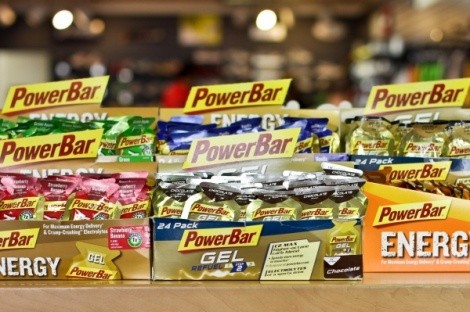
With the official start of summer just a month away, we’re finally getting into some warmer weather (as of this writing). But the sudden change may leave many people dehydrated, sunburned and depleted. When local temperatures go from cold to warm quickly, lots of us forget the details.
Take hydration. It’s easy to forget just how much more water you’ll need if you’re active in warm weather. “As far as hydration goes, it’s what you do over time,” says Alina Jameson, the director of nutrition services at the University of Utah’s Peak Health & Fitness, which offers nutrition services, body-composition testing and other services. “You want to remain normally hydrated all the time, every day.”
But don’t automatically load up on nutrient-heavy—but sugary and expensive—sports drinks. Jameson says, “If you’re just going to go into cardio for an hour or less, you don’t need a sports drink. With a three- or four-hour bike ride, you will want to bring something to replace the electrolytes that you’re sweating out during the exercise.”
About electrolytes: Human bodies run on electricity. Electrolytes conduct this electricity throughout the cells. They are made up of salts and are found in body fluids like blood and plasma. When you lose body fluid through sweating (or even diarrhea or vomiting), you also lose electrolytes—most specifically, sodium and potassium. Without the required level of these salts, your cells can’t fire properly, so your body won’t function normally. A mild imbalance, and you won’t have the energy to move. More serious cases will cause agonizing muscle cramps. Very serious electrolyte losses can cause mental confusion, seizures and even heart problems.
That’s why details are important. Both the duration and environment of activity will effect hydration. “Exercising at a high altitude, or hot or cold environment, will increase fluid loss, as will exercising in a humid environment,” Jameson says.
Another important detail: Sunscreen doesn’t last nearly as long as you think. It gets washed off sweaty skin quickly. Old sunblock loses its protection factor, and even if you purchase it new, you don’t know how long it’s been on the shelf. Don’t make the mistake of thinking that because you put some on in the morning, you’re protected against sun in the afternoon. Slather it on heavily every few hours.
And if you’re active, you may need to boost your nutrition with supplements. Jameson explains that everybody is unique, so you can take general suggestions for nutrition, but you’ll need to tailor them for your own body. “I generally recommend athletes take a daily multivitamin,” she says. “There are tons of sports supplements out there, and a lot of them are bogus. One that has been shown to boost performance is caffeine. I’m not talking about a five-hour energy charge. A goo or gel that has caffeine is helpful, or a cup of coffee or tea. Fish oil is a good supplement. B vitamins are important; they’re related to energy metabolism. You’ll get the B-complex in your multi.”